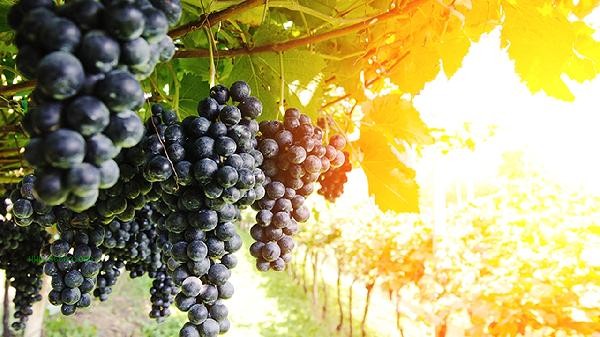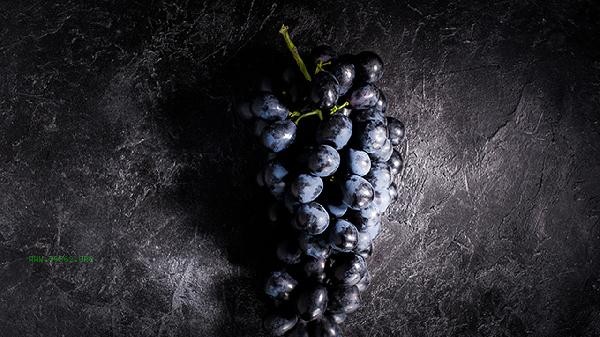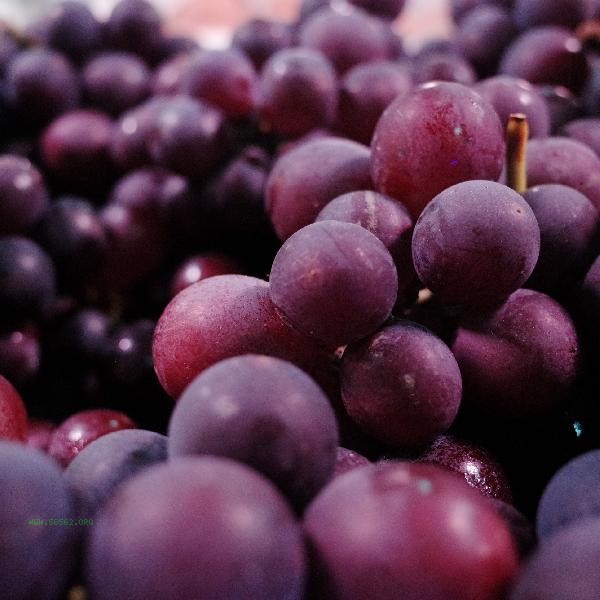Uneaten grapes can be processed through refrigeration, jam making, winemaking, frozen storage, or drying into raisins.

1. Refrigerate storage
Wash the grapes, drain the water, put them in a fresh-keeping box or wrap them in kitchen paper, and store them in the refrigerator compartment for 3-5 days. Be careful to avoid contact with other strongly scented foods to prevent cross contamination. Refrigeration can delay the loss of moisture and spoilage of grapes, making it suitable for short-term consumption.
2. Making jam
Boil the seedless grapes and white sugar in proportion until thick, and add a small amount of lemon juice to extend the shelf life. Grape jam can be paired with bread and yogurt and stored in a sealed refrigerator for about one month. This method can effectively utilize a large amount of surplus grapes and avoid waste.
3. Wine making
Crush grapes and mix them with white sugar for fermentation, which can be used to make homemade wine or grape vinegar. Attention should be paid to container disinfection and temperature control, and the fermentation process takes about 1-2 months. Self made alcoholic beverages should be handled with caution to avoid contamination by miscellaneous bacteria.

4. Frozen storage
Wash the grapes and dry them, then lay them flat on a tray and freeze for 2 hours, then pack them into sealed bags for freezing storage. Frozen grapes can be consumed directly as snacks or used to make smoothies and desserts, with a shelf life of up to 3 months or more.
5. Dry grapes into raisins
Use a low-temperature oven to bake grapes without stems for 6-8 hours, or use a food dryer to make raisins. The finished product needs to be sealed and moisture-proof for storage, and can be used as a healthy snack or baking ingredient to retain most of the nutritional components of grapes.

When dealing with remaining grapes, attention should be paid to the freshness of the ingredients, and rotten grapes should be discarded in a timely manner. Different processing methods have their own advantages and disadvantages for nutrient retention. Refrigeration and freezing can better preserve vitamin C, while the drying process may lose some water-soluble vitamins but concentrate minerals. It is recommended to choose appropriate methods based on actual needs to avoid purchasing too many grapes at once. Special groups such as diabetes patients need to control the intake of raisins and other processed products, and children should pay attention to removing seeds to prevent choking.









Comments (0)
Leave a Comment
No comments yet
Be the first to share your thoughts!